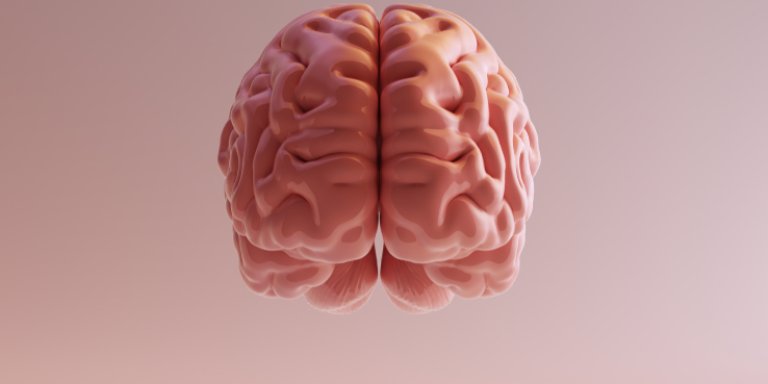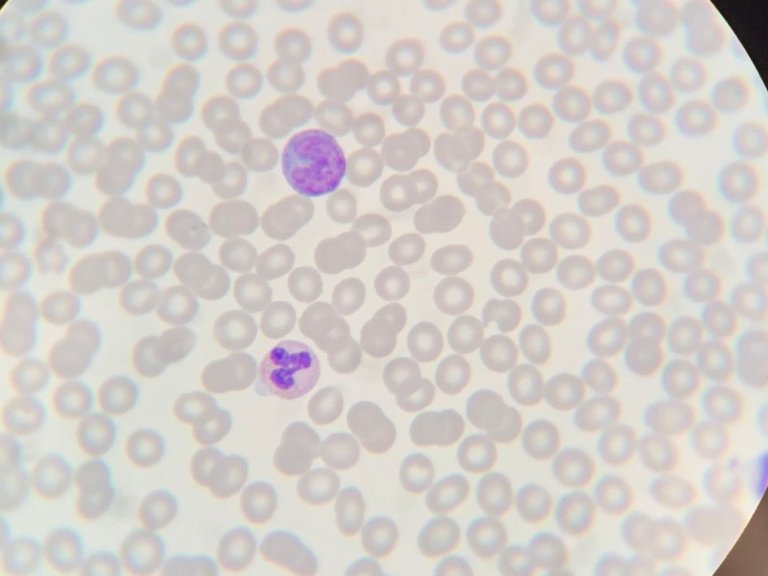The study will take approximately four years and is led by Dannis van Vuurden, a pediatric oncologist at the Princess Máxima Center. At Amsterdam UMC, the scientific director of Alzheimer Center Amsterdam Wiesje van der Flier is also involved in the study. In addition, there is a close collaboration with researchers at the Department of Radiology and Nuclear Medicine, and with UMC Utrecht and LUMC. Initially, research is being conducted into how this treatment works in children and adults with a malignant brainstem tumor and people with Alzheimer's disease. Eventually, this technology may be effective for a wide range of neurologic conditions.
Natural defense mechanism
“One obstacle in the treatment of brain disorders is the blood-brain barrier,” says Dr. Van Vuurden. “This barrier ensures that the brain is well protected from dangerous substances. Unfortunately, this natural defense mechanism makes the brain largely inaccessible to drugs, making treatments for many brain disorders ineffective.”
FUS technology
Focused ultrasound (FUS) technology eliminates the need for brain surgery and temporarily opens the blood-brain barrier to allow drugs to pass through. Using this method, existing and new drugs can be examined for their effectiveness in treating brain disorders by allowing them to penetrate the brain. FUS is an innovative MRI-guided technology that uses high-precision focused ultrasound and microbubbles in the bloodstream to temporarily and locally open blood vessels in the brain non-invasively. The method has been shown to be safe in previous research and is currently being investigated in treatment studies in the United States and Canada, among other countries.
Distribution of medicines
In the study funded by the Dutch Brain Foundation, the researchers use PET-CT scans to monitor how the drugs spread through the brain. “For Alzheimer's, we are also investigating how much of the drug reaches the brain using a tracer. Until today, we had to work with estimates, so this study gives us a lot of valuable information that we can use in the development of medication for Alzheimer's and other brain diseases,” adds Van der Flier. This is a unique research method that was developed by the Nuclear Medicine department of Amsterdam UMC.
Photography: Shutterstock




